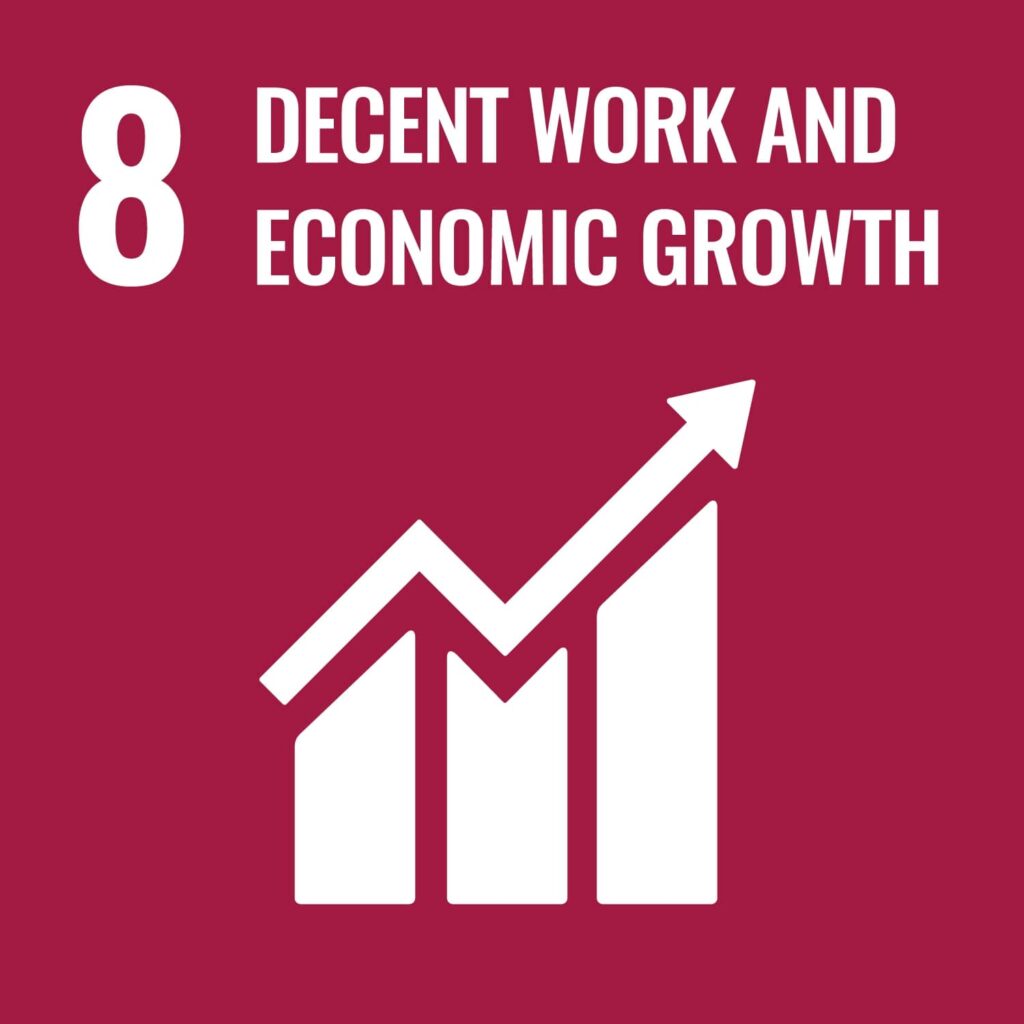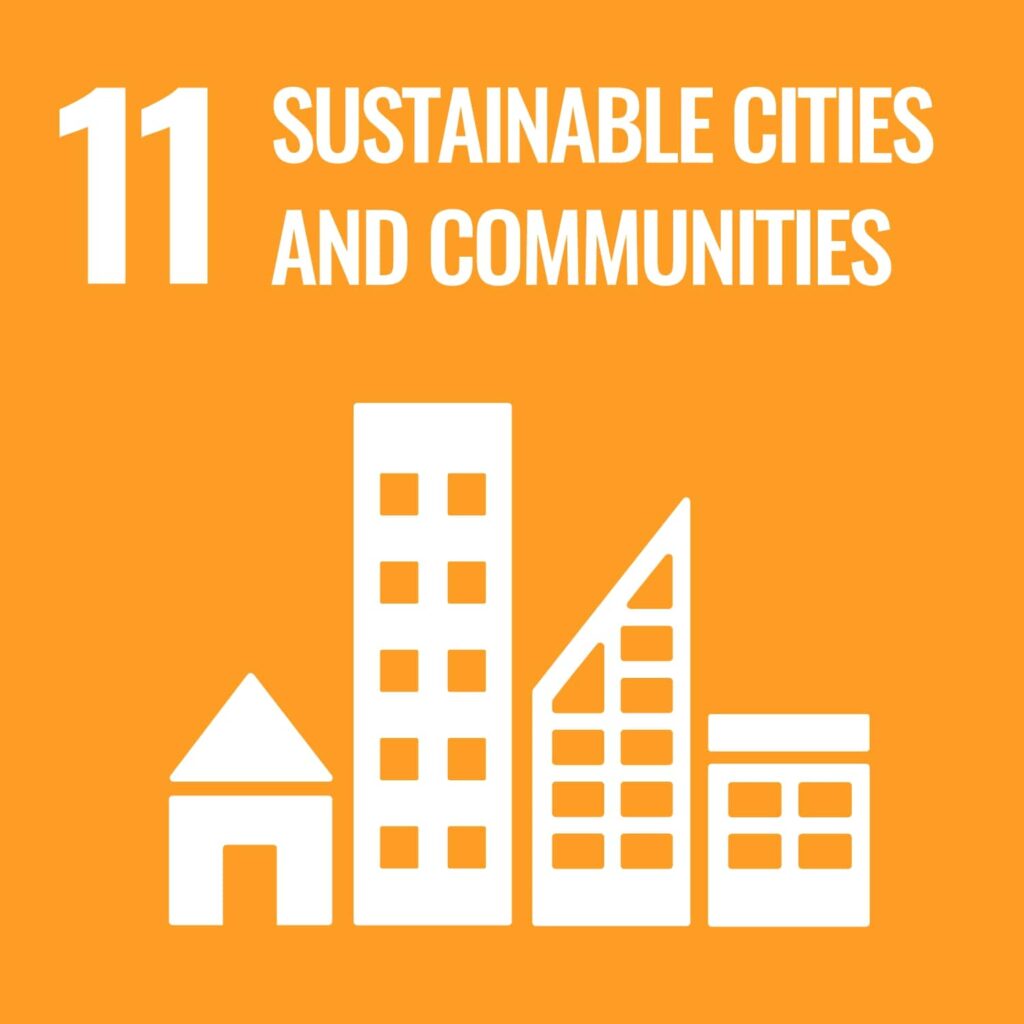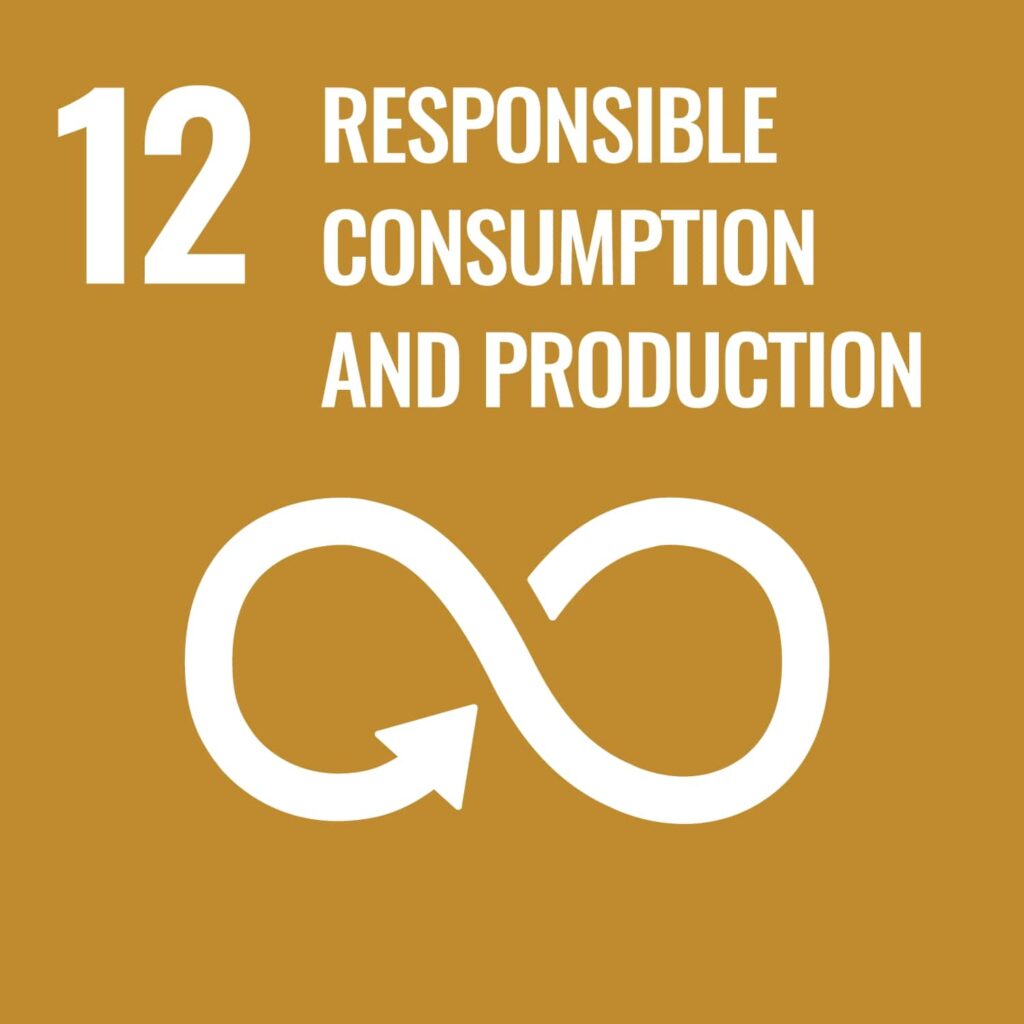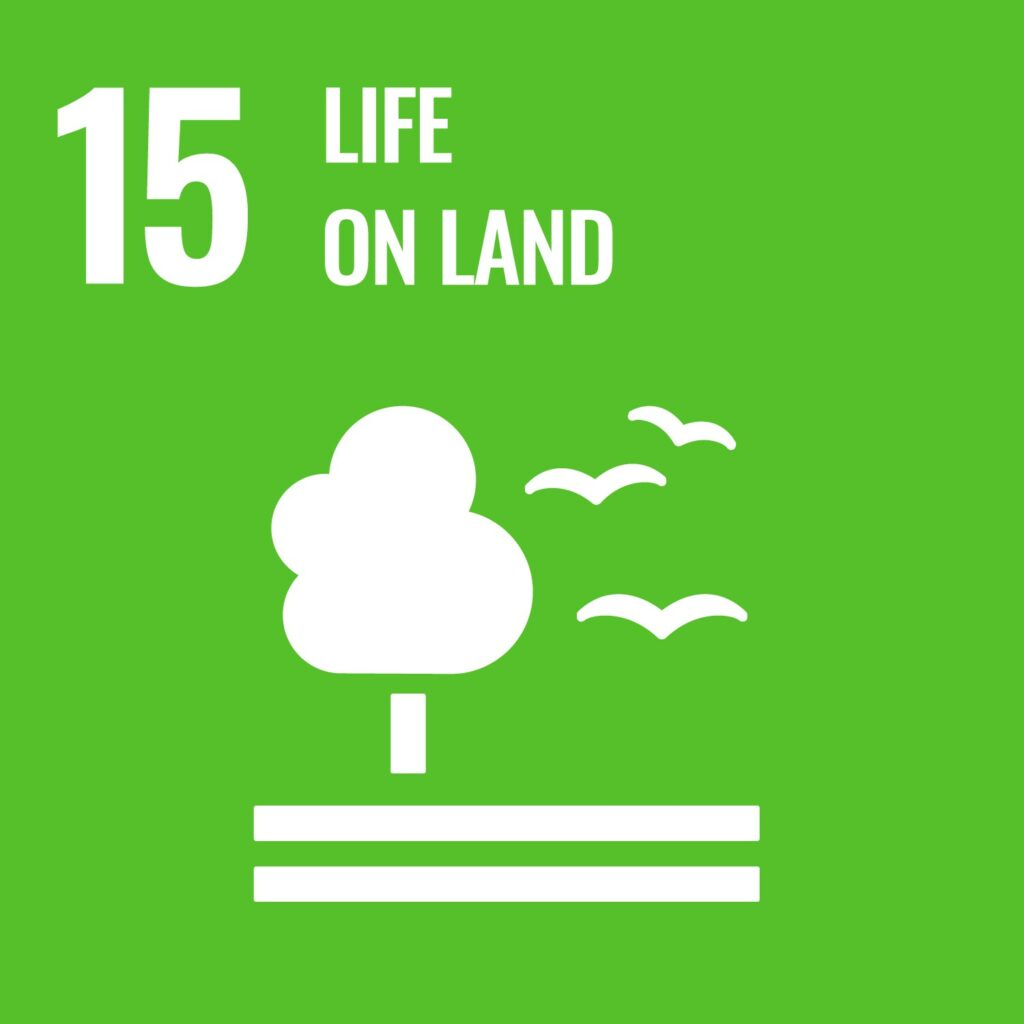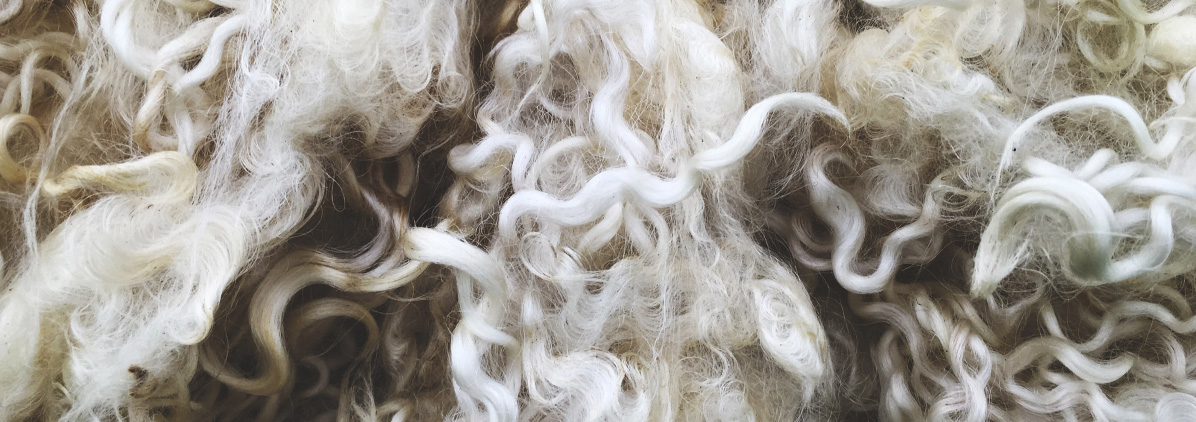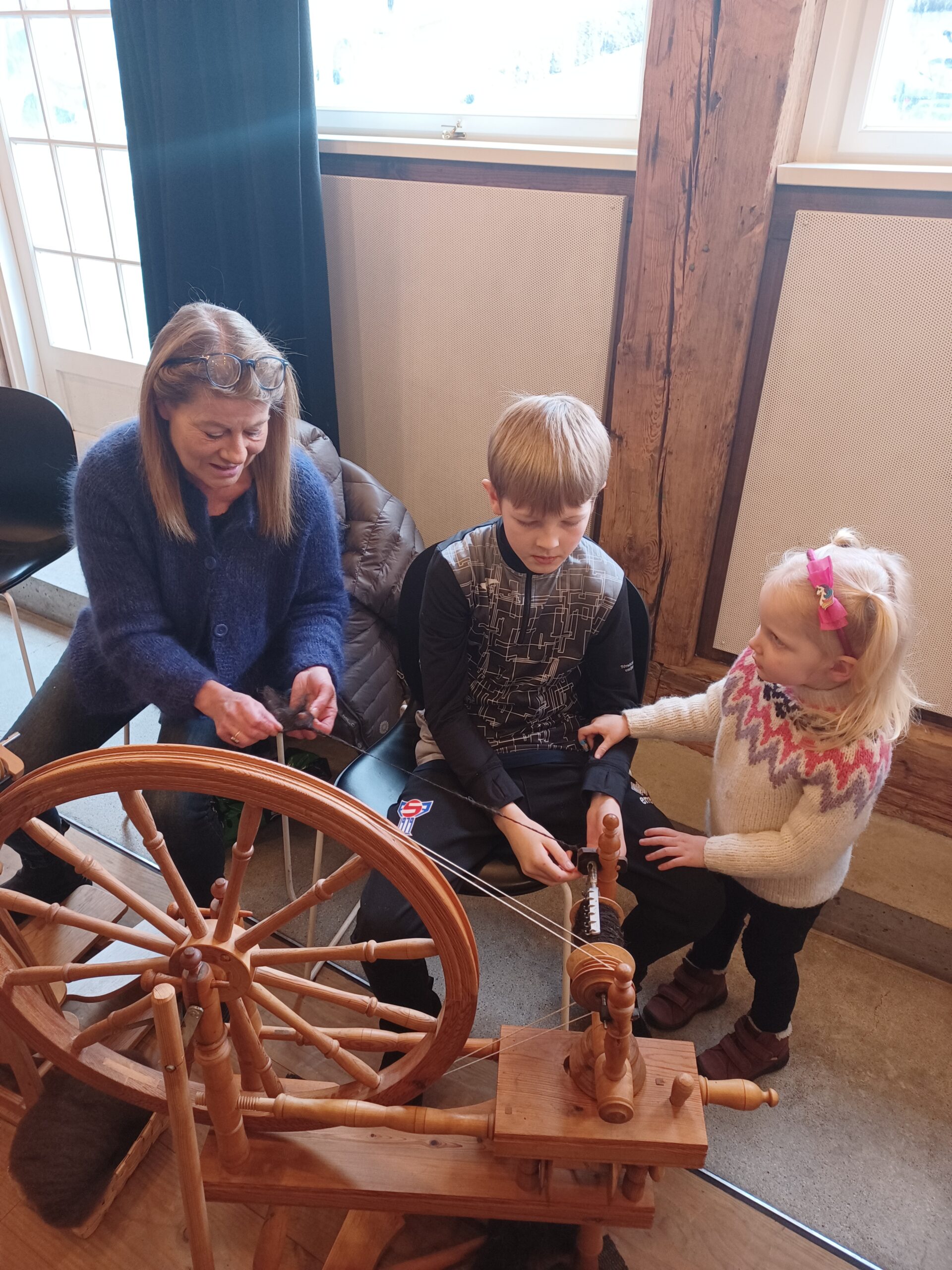
This pilot tests a new festival about raw wool on the Faroe Islands. At this phase a one-day event, it is aimed at families. Morning and afternoon workshops allow children to touch, test and make small samples out of raw wool. Children learn about raw wool in the natural surroundings on the Faroes, e.g. that birds can get stuck in wool and that picking wool up from fences and fields can help. There will be a small survey to develop the event further.
”Our primary goal is to diminish wool waist by increasing awareness, so that more people bring wool to the wool collection, or use it themselves. In turn, reducing the amount of wool discarded and not being used. We hope that people who normally do not use wool will get their hands on it, become aware of it, and hopefully use more of it. By encouraging people to work with it themselves but also by wearing more woollen clothes, that others make. We aim at having this wool festival as an annual event.”
Pilot Project Manager: Búnaðarstovan (Agricultural Agency of the Faroe Islands)
In the Faroe Islands, there are far more sheep than people; even the name of the islands is thought to refer to sheep. Sheep farming continues to be an important part of everyday life in the Faroe Islands, but the sheep’s wool, previously called the islands’ gold, lost its value over the course of the 20th century. Although wool is still processed, and the popularity of Faroese knitting traditions have grown, most of local sheep’s wool ends up being burned. This situation has already been addressed to some extent, and through experimenting with a new event, the Faroe Islands Agricultural Agency (Búnaðarstovan) wanted to emphasize not only the versatile intangible cultural heritage related to the processing and use of wool, but also to raise the appreciation of local wool and its economically and ecologically sustainable utilization.
The Woolfest event (Ullardagur í havn) was held in March 2023 in Torshavn, the capital of the Faroe Islands. The idea behind the event was to decrease wool waste, promote the usage of raw wool and to raise awareness about Faroese sheep and wool in the local ecosystem. Sustainability issues related to wool were addressed in different ways. At the pilot stage, the Woolfest was implemented as a one-day event and was targeted especially at kindergartens and schools, but the event was attended by many more people interested in the theme. The event served to share information about the properties of Faroese sheep wool and to introduce especially children with the processing of raw wool and the related traditional skills. The event’s workshops gathered more than 250 participants, including about a hundred children.
The Woolfest was organised at premises close to the centre of Tórshavn. The venue (Perlan and Reinsaríið) is typically used for cultural events of different kinds and easy to visit on a Saturday when many people come to visit Tórshavn centre. The venues were prepared for the event the day before, doors were opened at 10am and the event continued until 3 in the afternoon. In cooperation with another organisation, the event provided guests with food, warm and cold drinks, and snacks.
The one-day event built on a circuit of workshopping stations, planned especially for children so they could experiment felting, spinning, and braiding. Each of these three stations was supervised by a guide who gave a two-hour teaching session twice during the day. In addition, there were four non-stop workshopping stations with guides (4 in the morning and 4 in the afternoon). At these stations, the visitors could try separating wool, carting and spinning in two different ways, with a spindle and with a spinning wheel. The popular annual event, The Faroese Knitting Festival (Bindifestivalurin) also had a station, where people could try their hand on knitting the Faroese way, using both spun yarn and unspun wool. People were offered to take some wool with them to continue at home the work they started.
Goals of the event was to create awareness about the value of wool as a sustainable natural resource and material for craft work, but also to emphasise the importance to collect wool from nature. With the help of scaled models made of cardboard, wood and wool, children were explained how birds such as oyster catchers can get trapped by discarded wool in the nature, when it gets entangled around the birds’ legs. Children were guided to collect the wool they would see out in fields or on fences, to take it with them home or put it under a stone, so the birds wouldn’t get it around their legs. As radio is an active and much used media on the Faroe Islands, the organisers informed radio channels about the event. The day before the event a programme called ‘the weekend radio’ gave organisers the opportunity to tell about the event and the circuit of workshop stations, when the children could take the classes, and that everybody would be allowed to try different handicrafts with wool. There were also disseminated flyers and posters along with event advert circulated on the Facebook that a lot of people shared on.
As a direct result of the event the 250 visitors, a hundred of them children but also others without previous experience, had the opportunity to try different phases of processing raw wool. It was noted that many of the workshop participants stayed for a long time, enjoying the activity and the company. Especially the children, accompanied by their families, were very concentrated on the activities.
The event got wider attention in Tórshavn surroundings through live interviews on two radio channels, where the organisers told about Faroese wool and its natural sustainability, its use as well as its value as living cultural heritage.
Putting up an event focussing on raw wool had been in the organisers’ plans for some time, and the pilot project brought the chance to try it out as a one-day event. The pilot event gave experience about which activities are doable, how much time different actions take and how much space or how many supervisors are needed for different stations. The pilot event also showed that many young people are quite interested in learning to use some of the bigger tools instead of only the hand-held tools. This is considered as indication that there is emerging interest in applying Faroese wool in small to medium size production, not only to recreational purposes.
The pilot project guided to take notice of following points in planning future events:
The WoolFest event was considered to address the Sustainable Development Goals Decent work and economic growth (SDG 8) by allowing farmers to make a decent wage for their raw wool, increasing the value of the kilo; Sustainable Cities and Communities (SDG 11) by safeguarding living heritage of Faroes wool for a sustainable future and community engagement; Responsible Consumption of and Production (SDG 12) through responsible use of a natural resource (wool) instead of discarding half of it; and Life on Land (SDG 15) help preserve the land by using wool in gardening and fertiliser practices, saving bird life for entanglement.
